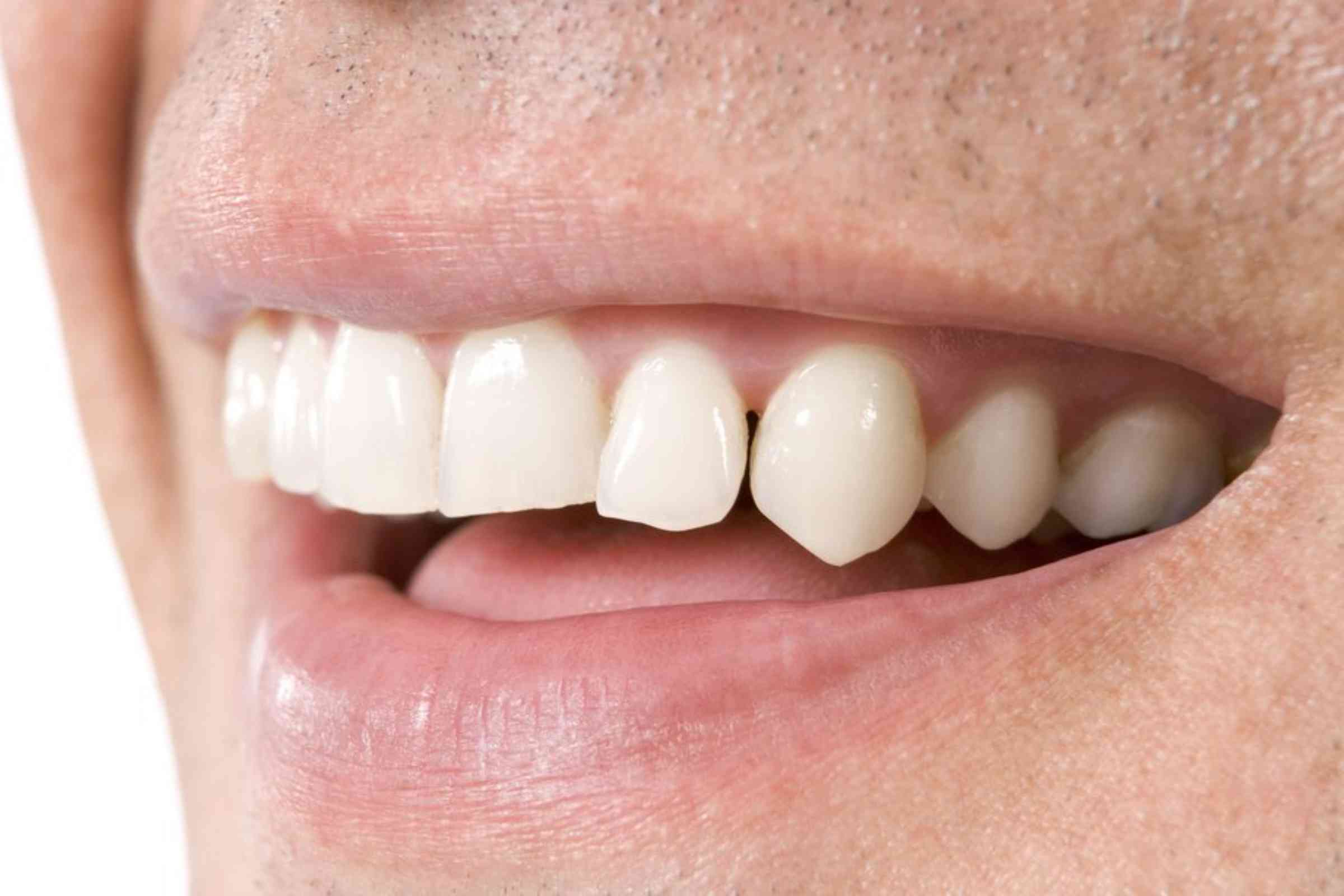
What sort of treatment is available?
Braces for missing teeth
Braces are special dental appliances that are used to move teeth about. They can be used to close gaps where teeth are missing, or to make the spaces the right size for false teeth.

The dental team will be able to talk to you about whether braces can help with your treatment. They will be able to talk to you about whether it is possible to close the gaps between your teeth or if it is better to make spaces for false teeth.
It can sometimes be difficult to move teeth when other teeth are missing. This is because the brace does not have as many teeth to hold on to. It is important to ask the dental team how difficult it will be to move your teeth, whether they will need to use any extra appliances to help the brace treatment, and how long the treatment is likely to take.
Braces to close or open gaps
If only a few teeth are missing it might be possible to use braces to close the gaps. In other cases, your dental team might want to widen a gap, to make space for a false tooth/teeth.
Missing teeth at the front
Fixed brace stuck onto teeth
Brace used to move teeth together/apart
Space closed, or space opened for false tooth
Research showsThis information comes from research where braces have been used to close gaps where teeth are missing. The research is mostly with people who are only missing one or two teeth. The research is supported by clinical experience of dentists. that using braces to close gaps works well. The teeth normally look good at the end of the treatment, and bite together well; if teeth do not match very well, because they are not the right shape or colour, the dental team might be able to improve the look of the teeth. Usually teeth are healthy at the end of the braces process, and continue to be in the future.
There is not very much research aboutMost of the information comes from clinical experience of dentists. There is some research that suggests the teeth may move back after braces; this is supported by dentists' clinical experience. using braces to make spaces for false teeth, but dentists’ clinical experience shows that using braces to move teeth around works well.
Sometimes the teeth can move back if there is a gap between finishing the braces and having the false teeth fitted. This is most important for dental implants. For this reason, the dental team might recommend starting brace treatment a bit later if you are having dental implants.
Types of braces
There are different types of braces. Each type has a different job.
For all braces it is important that you look after your teeth and brace – this might mean changing how your brush your teeth, and changing your diet. You must also wear the brace as much as you are asked to, see the dental team regularly for checks, and follow any other instructions given to you by the dental team.
All types of braces have been shownInformation about how well different types of braces work comes from high quality research, and lots of clinical experience of dentists. to work well if you follow the wear instructions that your orthodontist gives you, look after your brace well, and see the dental team regularly to have your brace checked and adjusted.

Extra appliances to help with braces
It can be more difficult to move teeth with braces when other teeth are missing. This is because there is less for the brace to hold on to. Sometimes extra appliances are needed to help with braces.
Click on each diagram to find out moreThis information about headgear and mini-screws mostly comes from moderate quality research that does not involve people with missing teeth. Information also comes from the clinical experience of dentists. about these extra appliances.
Retainers
After all types of brace treatment it is essential that you wear a retainer. This is a special type of appliance that keeps your teeth in the right place.
The job of retainers is to keep your teeth straight, and to stop gaps opening up between your teeth. You need to wear your retainer for as long as you want to keep your teeth straight and the gaps closed. This might be for the rest of your life.
Research showsInformation about retainers comes from high quality research. The research is supported by clinical experience of dentists. that all types of retainers work well if you follow the wear instructions that your orthodontist gives you, look after your retainer well, and see the dental team to have your retainer checked.
It is important that you think about which type of retainer would be best for you. You can talk to your family and the dental team about this.



